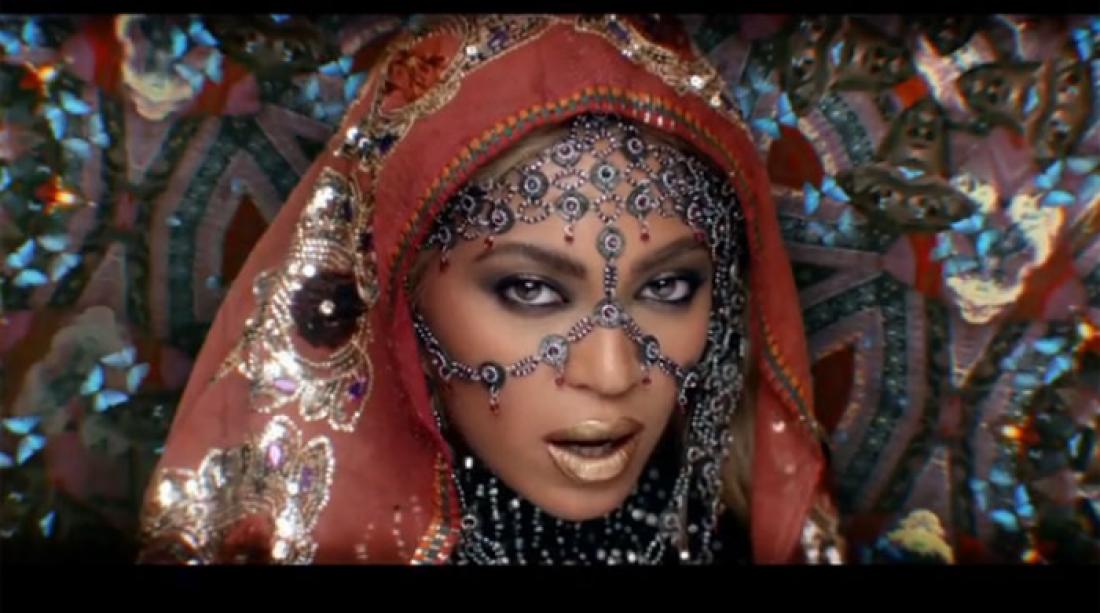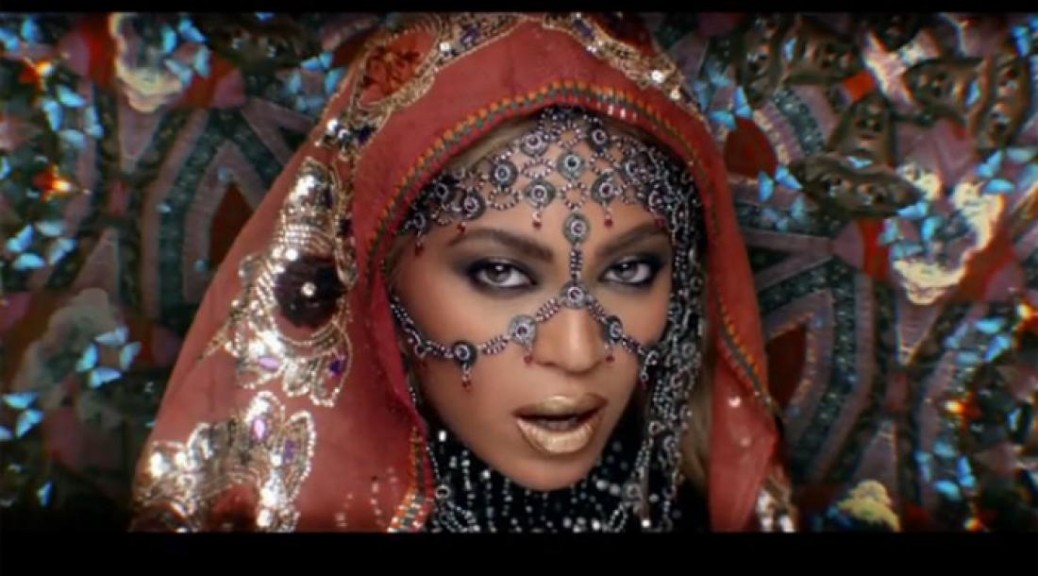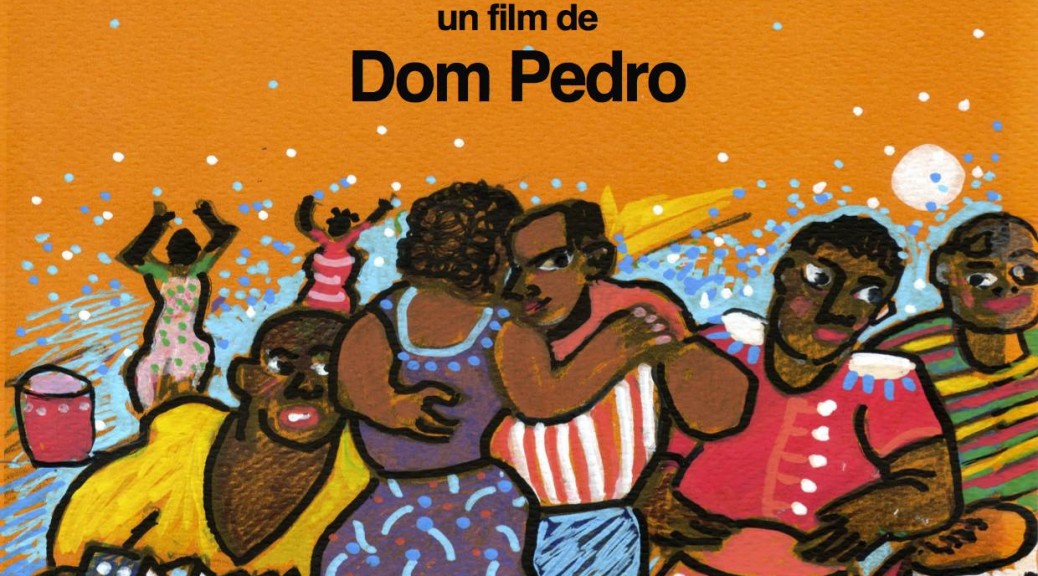There’s a razor thin line between cultural appropriation and racist caricature. But where, exactly, is that line? Is it when a blonde haired, blue-eyed model is cast in a fashion editorial as an “African Queen” in a well known magazine, her skin darkened to boot? Why not just hire a black model? Or is it when an Ivy League university sends out an email to students on Halloween reminding them to be mindful of putting on other people’s cultures as a costume, only for a visible member of the Yale community to pop back and tell students that they can wear whatever they want, never mind a suffocating culture of political correctness?
Beyoncé was recently featured in Coldplay’s single “Hymn for the Weekend,” a bouncy, colorful number. Nearly all of the press leading up to the release of the single had to do with the sheer fact that Beyoncé was in it. And, as Bey herself s(l)ays in her masterpiece “Formation,” “I might get your song played on the radio station” and, indeed, one wonders whether her appearance on “Hymn for the Weekend” has anything to do with its airplay. The irony, though, is that she isn’t even in the video. Her face is there but not her body. She only appears as mediated through screens — our smartphone and laptop screens and in the television screens of fans who watch her on tv sets around Mumbai. Beyoncé’s presence in the video is about her own iconicity.

But she came under fire in the media for her Bollywood styling. This is fascinating because Beyoncé is an artist who is black, Creole, but who can some how pass through racial categories. She can be “ratchet” black, she can be “white,” she can be “latina,” as evidenced by her Spanish-language record Irreemplazable. And now, with “Hymn for the Weekend,” Beyoncé can South Asian, too.
What does it mean for a single artist to be able to play with race the way Beyoncé does, to pass not necessarily for the sake of passing but to actually be able to tap into different financial markets, to see ethnic groups as a market?
I’m not one to believe that culture can’t proliferate, that culture doesn’t spread, move — that is, that culture isn’t already a type of virus, to use Barbra Browning’s words. It might be useful to remember Paul Gilroy’s theory of blackness and of black performance culture in general as a deeply profane practice. Blackness has long been sold back to black and white audiences, as much to legitimize and naturalise racial difference as to profit on black performance innovations at their expense. Black performance culture has long been appropriated for commercial gain, and perhaps its most distinctive quality is in how widely it is spread or, as Gilroy put it, ‘promiscuity is the key principle of its continuance.’
The issue is not that we are inspired by another culture, or that we are interested in its creative innovations. The problem is when these innovations are stolen, without credit, largely for commercial gain. More to the point, the people who initially came up with these creative innovations in the first place are often left behind.
If you follow fashion you may have noticed the latest hair trend taking heads by storm: the man braid. On the one hand this is a trend about metrosexual men taking care of their appearance, but on a much deeper level this is a story about white cultural appropriation. Black men and women have long been braiding their hair, working dreadlocks, braided extensions, twists, and hair beads. Patrice Rushen comes to mind, for instance. But when white men or women wear their hair braided, drawing inspiration from black cultures, the difference is that they may not be stopped by the police in the same way. No one at the workplace will tell them that their hair is unprofessional. They will not be denied a job because of their ethnic hairstyle. No one will think they are “too black.”
That’s why the problem with cultural appropriation has to do with how it is activated. There’s a difference between casting a white model only to paint her black and then call her an “African Queen” in a photo shoot and white guys suddenly discovering the beauty of wearing their hair braided. One approach purposefully overlooks ethnic people entirely while the other seriously believes it has stumbled onto something completely new and divorces it from its origin. This is cultural gentrification.
Does this sound familiar?
MADISON MOORE



